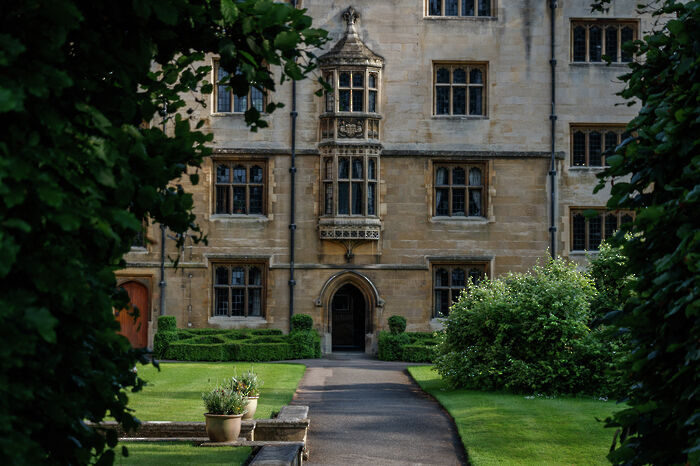Activists oppose NUS cost-cutting plans to scrap liberation officers
The plan, as one of the measures to plug the NUS’ £3 million deficit, was met with outrage from many student activists

The National Union of Students’ (NUS) consideration of proposals to scrap liberation officer roles, representing BME, LGBT+, trans, disabled, and women students, has received condemnation from student activists.
These proposals were discussed last week at a summit with student union presidents and NUS staff, which was organised to discuss potential radical changes to the democratic and corporate structures of the NUS.
Following the meeting, CUSU President Evie Aspinall told The Guardian that the proposals were not hard and fast, but “people throwing ideas out there.” She also commented that removing liberation officers is “very dangerous, in the sense it will curtail the NUS’ ability to do its core functions and protect students.”
The proposals are among the measures currently under consideration by the NUS in an attempt to cut costs and plug its projected deficit of £3 million this year. NUS President Shakira Martin and acting Chief Executive Peter Robertson sent letters to the 600 affiliated student unions and associations last month, warning them of the NUS’ inability to meet its projected deficit, and the potential necessity of mortgaging its headquarters, cutting staff, and curtailing its activities in order to remain solvent.
Student activists across the country have vehemently opposed the proposals, with some telling the Guardian that they will hamper democracy, reducing the NUS to “little more than a service provider and thinktank.”
The Student Left Network, a newly formed student coalition, is calling for a motion of no confidence against Shakira Martin, the current NUS president, due to her handling of the crisis facing the union.
Aspinall has also posted on her Twitter account that “the award for worst comment so far [...] is that NUS doesn’t need any liberation officers” and that she has made the point of “the NUS is a UNION and therefore its priorities should be protecting its members, their rights, and lobbying on a national level.”
She further told Varsity that the discussions were held by CEOs and Presidents of students’ unions, and that the NUS is considering a number of proposals and there isn’t a finalised decision yet. Aspinall stressed that students should be “key decision makers” in the NUS' turnaround process and that the protection of students should remain “at the heart of the NUS”.
“In a time of political turbulence, especially in the education sector, it is more important than ever that we have a strong national student voice. Liberation officers play a key role in that and are integral to the supporting of and protecting of marginalised groups. It is important that issues such as challenging the Prevent duty, tackling sexual violence on campus and dealing with the mental health crisis remain top of the NUS’ agenda.”
An NUS spokesperson told The Guardian that the proposals were meant to prompt discussion, and are not definitive. A spokesperson also said that a discussion paper entitled ‘NUS Reform, Member and Stakeholder Consultation’ was published last month to “bring together thoughts from NUS, students’ unions and others, and set out the principles for reform”, adding: “It’s important to remember that these sketches are not definitive proposals but are meant to act as a stimulus to discussion.”
“None of the sketches refer to reductions in democracy or campaigning, but one does seek to identify the best way of properly resourcing student leaders [...], given a potentially reduced income.”
All seven million members of the NUS, representing more than 600 students' unions, can participate in the consultation through their individual students’ union until the deadline of 21st December.
 News / Clare Hall spent over £500k opposing busway 24 December 2025
News / Clare Hall spent over £500k opposing busway 24 December 2025 Comment / The ‘class’ of Cambridge24 December 2025
Comment / The ‘class’ of Cambridge24 December 2025 News / Caius mourns its tree-mendous loss23 December 2025
News / Caius mourns its tree-mendous loss23 December 2025 Comment / League tables do more harm than good26 December 2025
Comment / League tables do more harm than good26 December 2025 News / Girton JCR publishes open letter expressing solidarity with Palestine25 December 2025
News / Girton JCR publishes open letter expressing solidarity with Palestine25 December 2025










